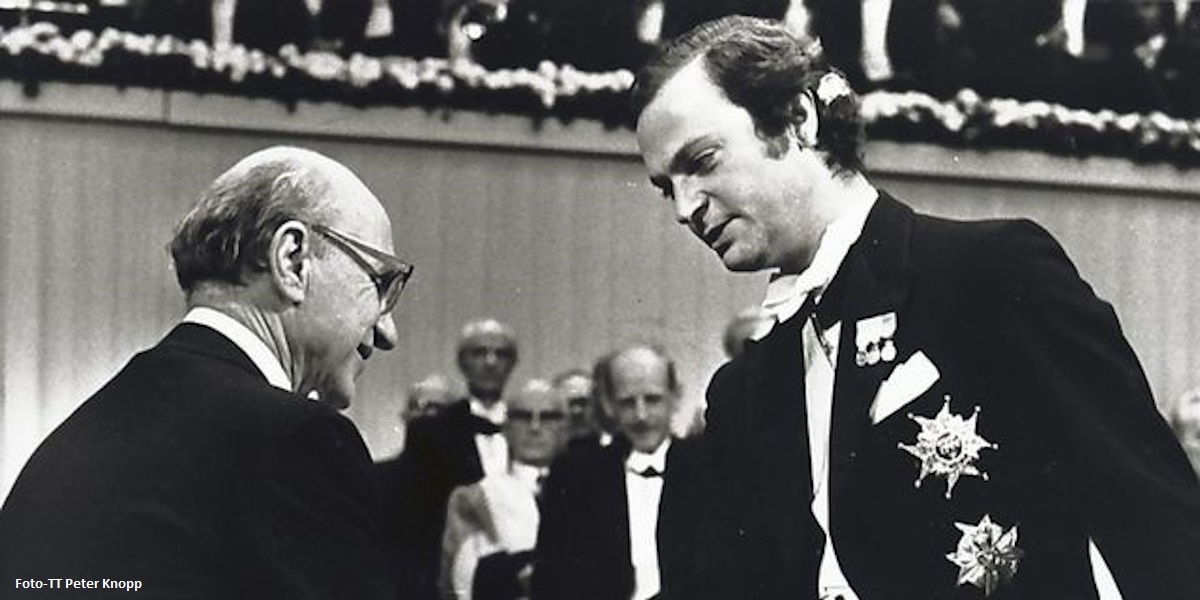The research programme “Neoliberalism in the Nordics: developing an absent theme” intends to develop an understanding of neoliberalism in the Nordic welfare states, and specifically, of the role of the welfare state and a set of political alliances surrounding and including social democracy, not merely as the targets of neoliberal critique but as the vehicles of a specific Nordic variant of neoliberalism. There are good reasons to hypothesize that key intellectual, political and economic developments in the Nordics since the 1970s share characteristics of neoliberalisation elsewhere – while at the same time displaying distinct features.
The programme is organised around four thematic areas:
1. Concepts of neoliberalism
2. Revisiting the historical compromise: Alliances and elite positions since 1970
3. Neoliberalism as lived experience and everyday practice: The making of everyman’s capitalism
4.The transformation of the wage earner in Nordic politics
The programme aims to develop a new research theme around the expressions of neoliberalism in the Northern European periphery, by building a strong team of intellectual, conceptual, political, economic, social and cultural historians working across Sweden, Denmark, and Finland. It has two specific aims: first, to re-examine key economic social and political changes in the Nordic countries and explain why and how neoliberalism happened in political cultures and welfare statist societies that, according to the dominant literature in social science, should not have been conducive to it. Second, to bring the particular experiences of the Nordics to the larger field of neoliberalism research globally, by re-examining the role of Nordic progressive cultures as distinct carriers of a ‘local’ variant of neoliberalism.
The programme leader is Jenny Andersson, Department of Science and History of Ideas, Uppsala University (https://www.idehist.uu.se/?languageId=1), and it incorporates researchers from 8 Nordic universities for a period of six years.
